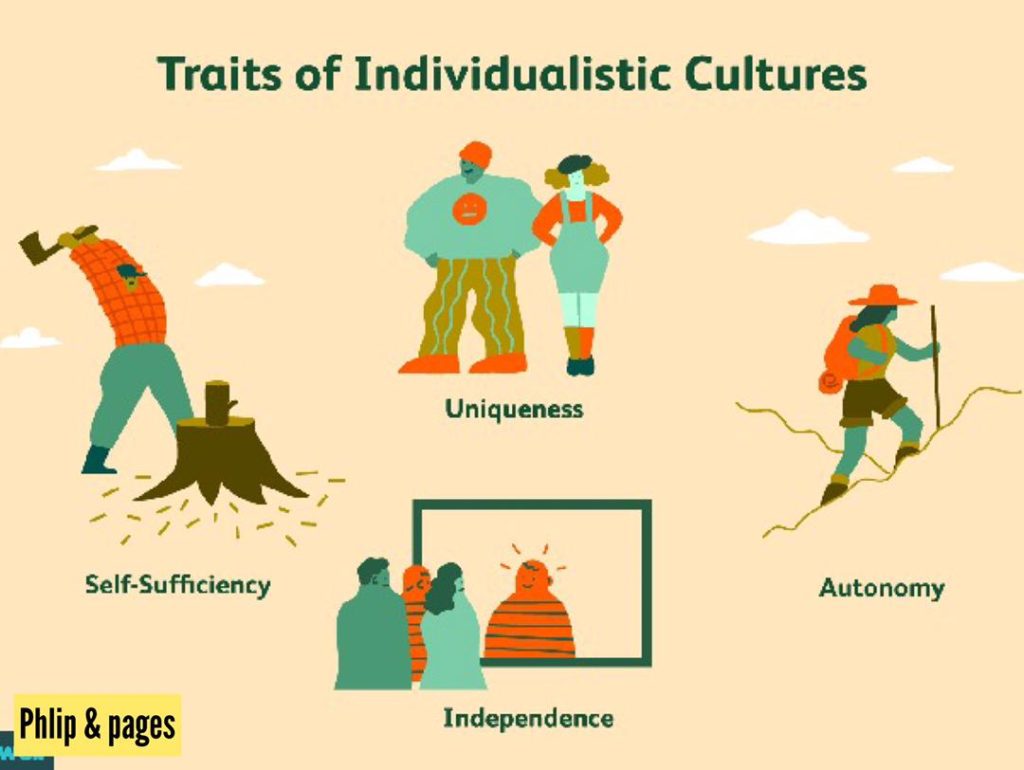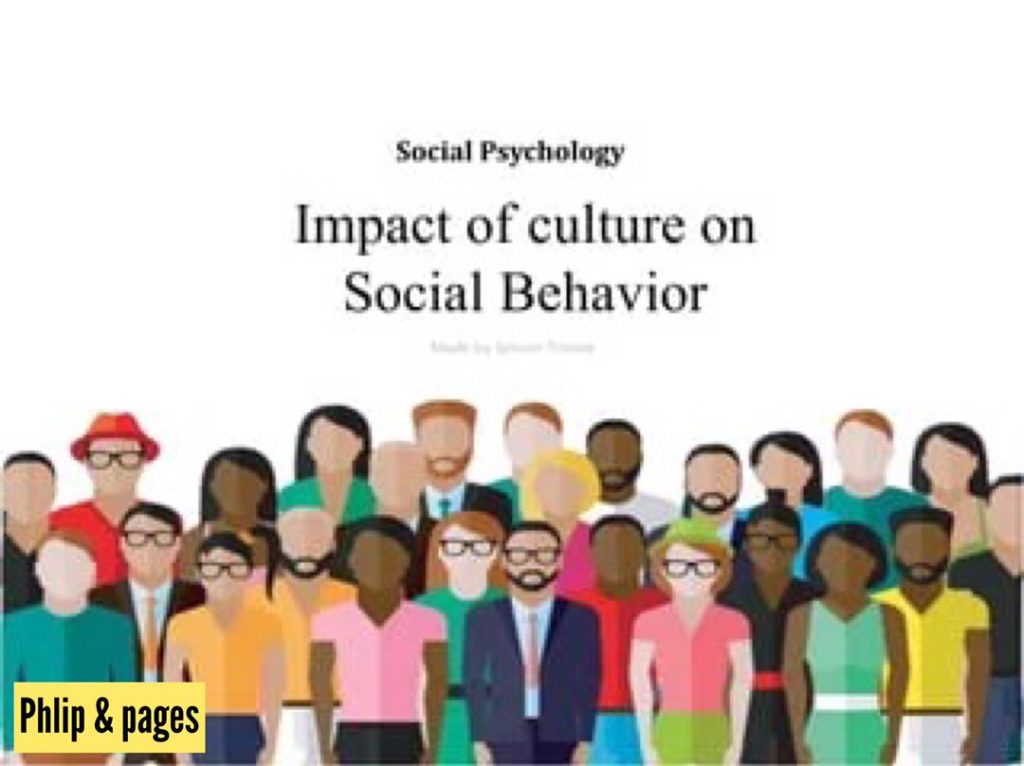Culture plays a significant role in shaping human behavior. It encompasses the beliefs, values, norms, customs, traditions, and practices that are shared by a particular group of people. This article explores how culture influences behavior and provides insights into the complex interplay between individuals and their cultural contexts.
Cultural Norms and Expectations

Cultural norms refer to the accepted patterns of behavior within a specific culture. These norms dictate what is considered appropriate or inappropriate in various social situations. They provide guidelines for how individuals should behave, interact with others, communicate, dress, and conduct themselves.
Socialization
From an early age, individuals are socialized into their respective cultures through family upbringing, education systems,social institutions,and media exposure.These processes shape their understanding of cultural norms,and expectations influencing subsequent behaviors.
Collectivism vs Individualism
Cultures can vary along a continuum from collectivist to individualistic orientations. Collectivist cultures emphasize interdependence, harmony, and loyalty to the group while individualistic cultures prioritize independence, self-expression, and personal goals. These orientations impact behavioral choices accordingly.
Values and Beliefs

Culture shapes individuals’ values, beliefs, and attitudes. Values represent broad concepts about what is important or desirable in life. Beliefs involve specific convictions about reality, certain ideas, facts, morality, reliance on supernatural forces, and more. The influence of these core elements manifests in several ways:
Decision-Making
Values and beliefs impact decision-making processes. They guide individuals ‘inclinations, tendencies, priorities, in evaluating choices. In cultures that value communal harmony, the collective interests may take precedence over individual desires when making decisions.
Ethics and Morality
Cultural values play a significant role in determining each society’s ethical standards and moral principles. What is deemed right or wrong, acceptable or unacceptable is often dictated by cultural norms and values. Culture shapes the moral framework that influences behavior.
Communication Styles

Culture profoundly influences communication styles and patterns. Verbal and non-verbal cues, variations in language use, directness of speech, and interpretation of gestures all differ across cultures. These cultural differences affect how individuals express themselves, solicit information, establish rapport, and resolve conflicts.
High-Context vs Low-Context
High-context cultures rely on implicit communication where meaning is embedded in the context and shared knowledge. Low-context cultures emphasize explicit communication using precise language to convey messages. The varying degrees of contextuality influence behavior during interactions.
Power Distance
Power distance refers to the extent to which a society accepts and expects hierarchical relationships. In high power-distance cultures, respect for authority is emphasized, while low power-distance cultures promote equality. It impacts behaviors such as decision-making, deference to authority, and negotiation styles.
Cultural Influence on Social Roles

Cultures assign specific roles and responsibilities based on gender, social status, age, or occupation. These social roles shape behavior by defining expectations for individuals within their communities. This can include expectations related to family dynamics, career choices, personal aspirations, and societal contributions
Gender Roles
Cultural norms often prescribe distinct gender roles that define appropriate behaviors for men and women. Men may be expected to display assertiveness and take on breadwinner roles while women may be expected to exhibit nurturance and take on homemaking responsibilities. However, gender role expectations are not universal or fixed; they vary across different cultures over time.
Conclusion

Culture plays a crucial role in shaping human behavior. It defines norms, values, beliefs, and attitudes that guide individual actions. Communication styles, varying orientations towards collectivism or individualism, moral frameworks, power dynamics, influence of social roles, and gender expectations are all influenced by culture. Recognizing the impact of culture on behavior enhances our understanding of individuals and their interactions within different cultural contexts. It promotes empathy, tolerance, and appreciation for diverse perspectives, resulting in more effective cross-cultural communication and collaboration.
















